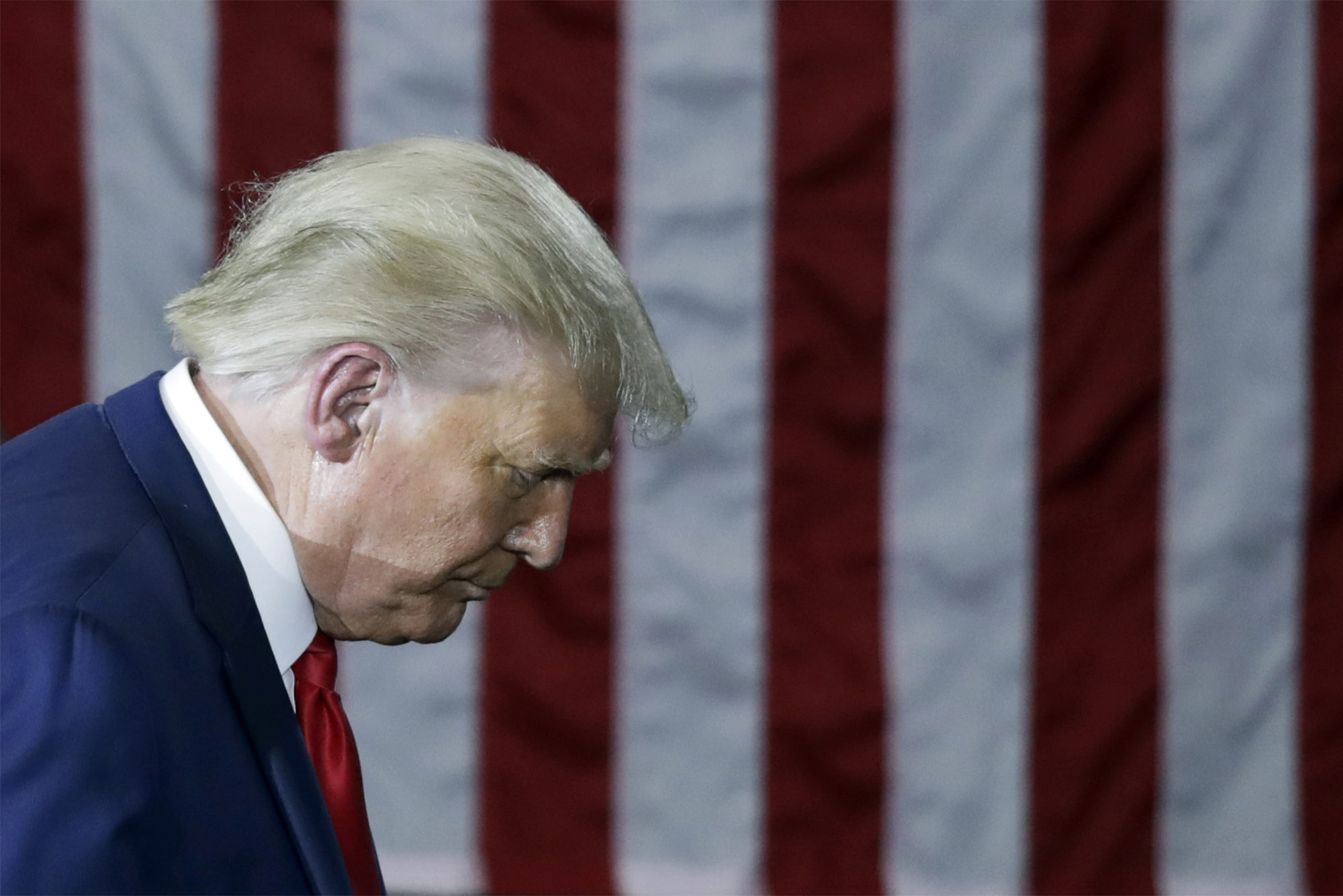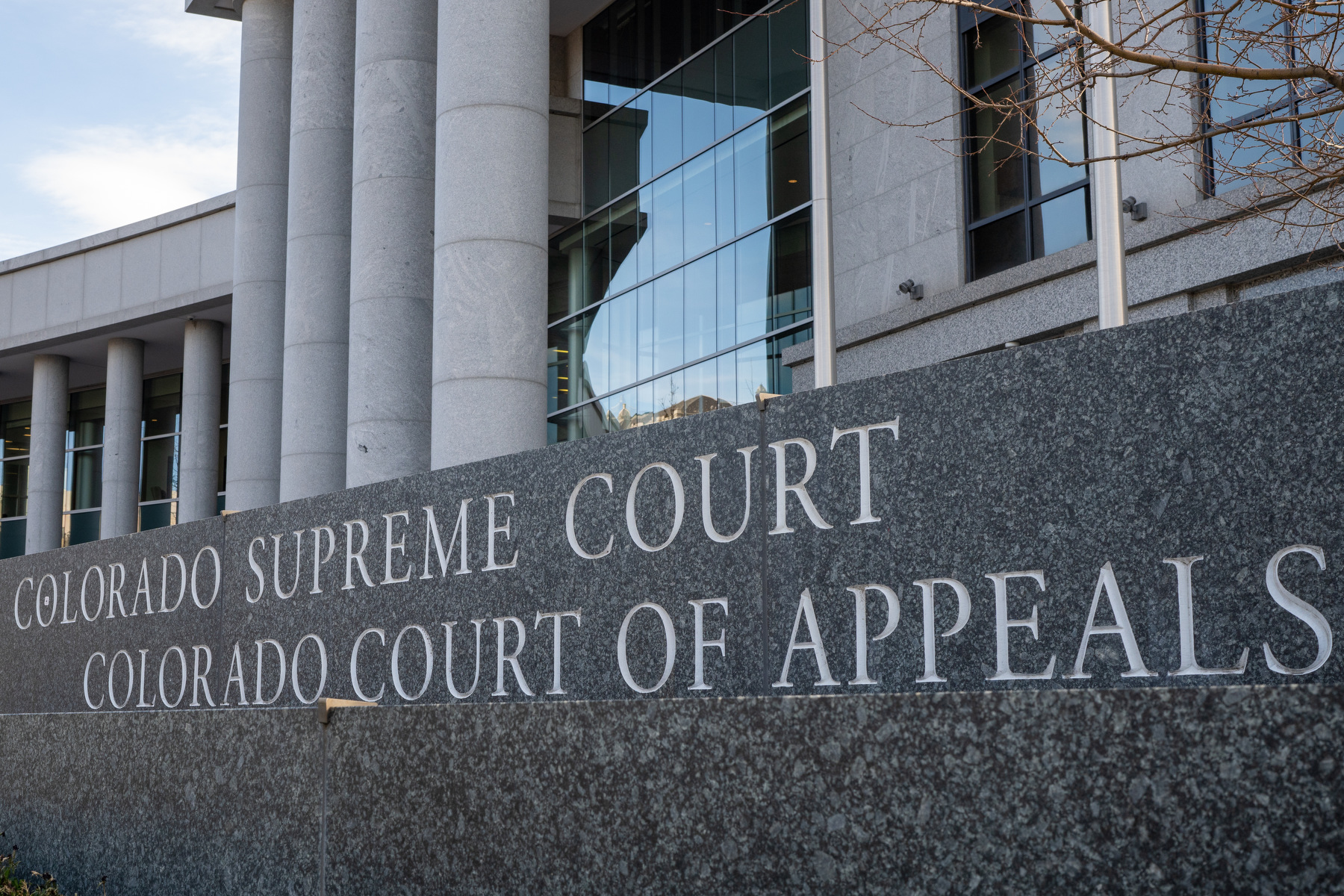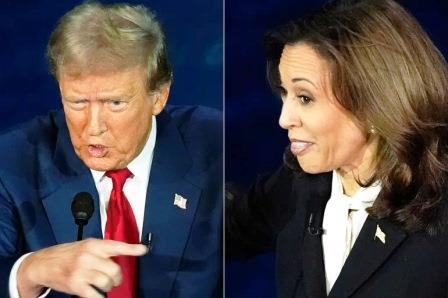
The case centering on former President Donald J. Trump’s eligibility for re-election could alter the course of this year’s presidential election. Credit: CBS
The United States Supreme Court has recently agreed to review a politically delicate and combustible decision from Colorado’s top court that found former President Donald Trump ineligible for the presidency and would leave him off the state’s primary ballot, delving into a high-stakes legal face-off that could have huge consequences for the 2024 presidential election.
The court set a swift schedule for filings from the parties in the appeal brought forward by Trump and said in a brief order that arguments will be hear on the 8th of Februry. A decision could come quickly after arguments, since Super Tuesday, when Colorado and more than a dozen states will hold their primaries or caucuses, is scheduled for March 5.
A Trump campaign spokesman Steven Cheung welcomed the decision of the Supreme Court to hear the case and expressed confidence in a statement released that “the fair-minded Supreme Court will unanimously affirm the civil rights of President Trump, and the voting rights of all Americans in a ruling that will effectively trash all of the remaining ballot challenge ruse once and for all.”
At the center of the dispute is the Constitution’s so-called insurrection clause, a Civil War-era provision that bars a person who has sworn an oath to defend the Constitution and then engages in insurrection from holding public office.
The Colorado Supreme Court concluded in a divided, 4-3 decision on Dec. 19 that Trump is disqualified from serving as president because of his conduct related to the Jan. 6, 2021, attack on the U.S. Capitol, and barred him from being listed on the state’s primary ballot. But the state’s high court delayed its decision to allow the former president and the Colorado GOP time to appeal.
The court fight over Trump’s eligibility for the White House sends the Supreme Court into new territory, as it has never before ruled directly on the 155-year-old provision at the center of the case, Section 3 of the 14th Amendment. It also puts the nation’s highest court, with a 6-3 conservative majority, in a position to potentially play a pivotal role in the 2024 election — the outcome of the case could decide whether Trump is eligible for ballot, not only in Colorado, but in the 49 other states.
Colorado’s high court was the first and only state court to find Trump is ineligible for the White House, and its explosive ruling marked the first time a presidential candidate has been found to be disqualified under Section 3. Maine’s secretary of state reached a similar conclusion about the former president in response to two challenges brought by voters seeking to kick Trump off the state’s primary ballot. The former president has appealed the decision by Secretary of State Shenna Bellows to the Maine Superior Court. Bellows, a Democrat, paused the effect of her ruling to allow the appeals process to play out.
The Colorado case was brought by a group of six voters — four Republicans and two unaffiliated — who argued that Trump could not appear on the primary ballot because his actions related to the Jan. 6 riot rendered him ineligible for the White House under Section 3.
Enacted after the Civil War, the provision was intended to keep former Confederates out of office. It has rarely been used in modern times.
A state trial court in Denver ruled in November that the attack on the Capitol on Jan. 6 constituted an insurrection and found Trump engaged in insurrection, marking the first time a judge has reached such a conclusion about his conduct. But the judge ruled that Section 3 does not apply to the presidency or someone who has taken the presidential oath, and ordered Trump to be listed on the primary ballot.
The Colorado Supreme Court, though, reversed the lower court’s finding about the scope of Section 3 and, in its 4-3 decision; said Trump is disqualified from holding the presidency.
“We do not reach these conclusions lightly. We are mindful of the magnitude and weight of the questions now before us,” the majority wrote in its opinion. “We are likewise mindful of our solemn duty to apply the law, without fear or favor, and without being swayed by public reaction to the decisions that the law mandates we reach.”

The Colorado Supreme Court affirmed the first part of the ruling — that Mr. Trump had engaged in an insurrection, including by setting out to overturn the result of the 2020 presidential election. Credit: Denver Post
Trump and the Colorado Republican Party appealed the decision to the Supreme Court, urging the justices to overturn the state high court’s ruling. All parties, including the voters who challenged Trump’s eligibility, pushed the court to decide the issue swiftly.
If allowed to stand, the Colorado Supreme Court’s ruling would “mark the first time in the history of the United States that the judiciary has prevented voters from casting ballots for the leading major-party presidential candidate,” lawyers for the former president warned the justices in a filing.
They called the question of Trump’s eligibility one of “paramount importance,” and urged the Supreme Court to “return the right to vote for their candidate of choice to the voters.”
“The Colorado Supreme Court decision would unconstitutionally disenfranchise millions of voters in Colorado and likely be used as a template to disenfranchise tens of millions of voters nationwide,” his lawyers said.
The case presents a number of novel questions that the high court will consider, including whether Jan. 6 was an insurrection and one Trump engaged in, as the Colorado courts concluded. The justices also are likely to weigh whether the former president and presidency are covered by Section 3.
The Colorado Supreme Court ruled against Trump on all of those matters.






